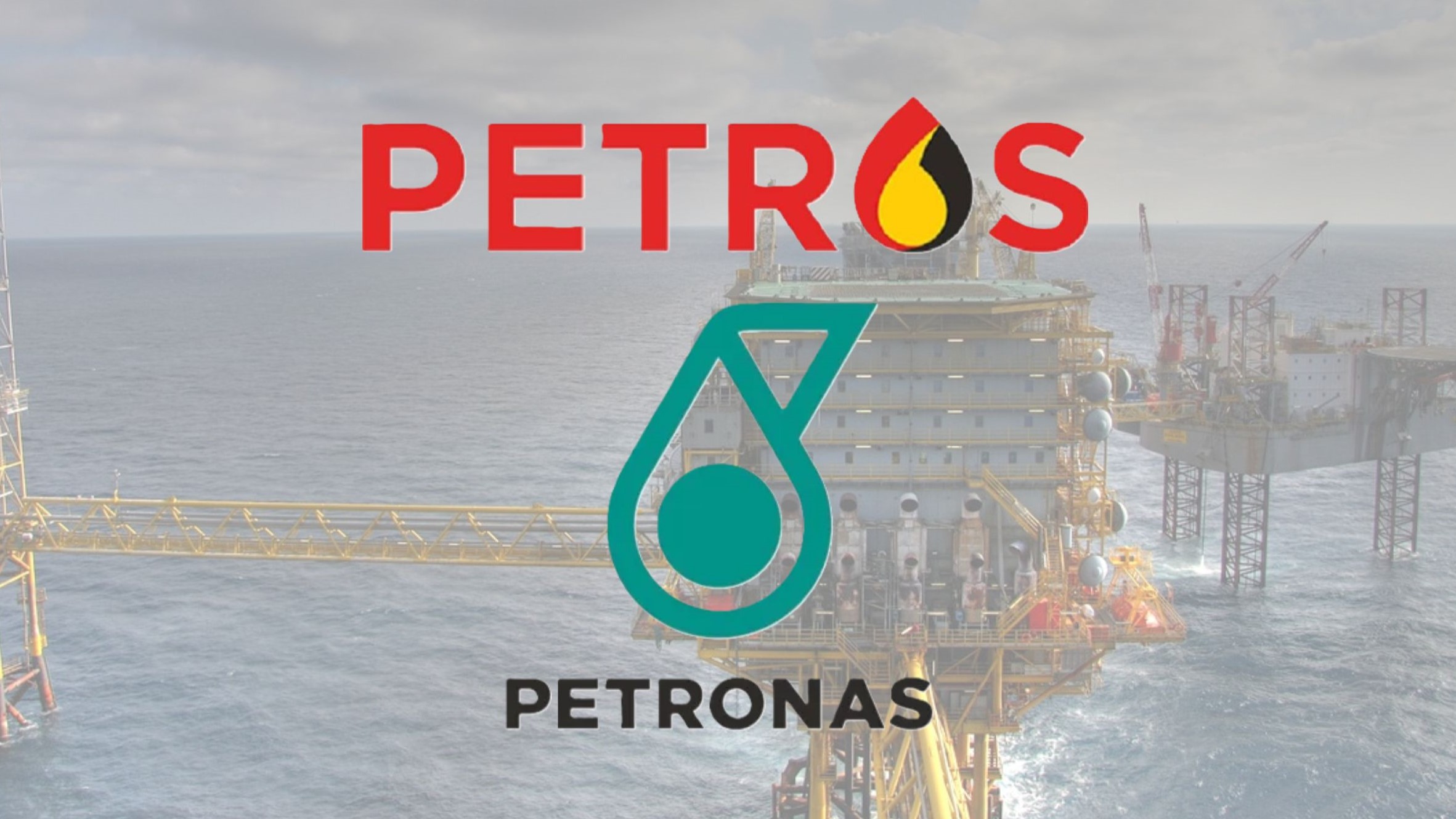THE market has been abuzz with the most recent developments in Malaysia’s energy sector. This refers specifically to the ongoing (and eventual resolution) dispute between Petronas and Petros; Petronas’ initiative to restructure (or “right-size”) its workforce, and most recent statement by the Minister of Economy regarding Malaysia’s Natural Gas Roadmap, which will involve breaking up the monopoly held by Petronas and Gas Malaysia Berhad.
Natural gas is a crucial component in Malaysia’s energy mix. It is estimated that it will constitute 56% of Malaysia’s energy generation by 2050. It is also an important component of Petronas’ portfolio, with 30% (RM101 bn) of Petronas’ revenue in 2023 coming from the natural gas sector, while making up 22% of its capital expenditure.
It is clear that the Petronas and Petros resolution will have a substantial impact on Petronas’ bottom line, as a large portion of its gas business is extracted from Sarawakian oilfields – a key reason why Sarawak drove the matter so resolutely.
However, I believe the impact on Petronas will be not be as significant as some may fear. As a multinational company with a diverse business portfolio in over a hundred countries, Petronas’ capabilities and revenue streams are not dependent on Sarawak to any great extent.
Its global nature and diversification will enable a broad range of ready strategies to mitigate any potential impact of its situation in Sarawak. If it is not, then this is the best time for Petronas to prove its capability as one of Malaysia’s true giants, being as it is the country’s mainstay in the Fortune Global 500. As a multinational, Petronas’ international portfolio should serve as the truest reflection of its strength, regardless of developments within the domestic markets. To this end, Petronas should not be unduly worried about the Minister’s announcement to end its monopoly, with the coming implementation of Malaysia’s Natural Gas Roadmap.
In one sense, Petronas has never really held a monopoly, as it has always served as both regulator and operator. As a regulator, Petronas has had complete regulatory authority as provided under the PDA Act 1974; as an operator, its business units such as Petronas Carigali Sdn. Bhd., Petronas Gas Berhad, Petronas Dagangan Berhad and MISC Berhad are already competing in the open market, both in Malaysia and abroad. Petronas Carigali, for example, is also involved in open tenders through the Malaysian Bid Round, to obtain production blocks alongside other operators. So what monopoly is the Minister referring to?
It is for these reasons that I believe that Petronas’ decision to “right-size” more than 50,000 of its staff is inappropriate. A much more harmonious course of action would be to make the restructuring global, so workers affected by the dispute can be absorbed into other business units, whether in Malaysia or abroad.
Until now, Petronas has not announced the exact number, but has intimated that it will involve the “enablers” group, which will certainly number in the thousands. It is hard to comprehend how they might justify such a disruptive action, as the Petronas-Petros saga should not have such a substantial impact on Petronas as a group. Moreover, as an ongoing concern for more than 50 years of its existence, Petronas should be strong enough to mitigate any effects of said dispute without it having such an unduly harsh impact on its workforce.
You can understand my concern, therefore, if what will happen i.e. the actual impact on Petronas – and the entire industry, for that matter – will be different than what has been reported in the media to date. Could the dispute really have a substantially negative impact on Petronas? If so, then should the transfer of gas management rights to Petros proceed at all?
We know that not all business resolutions are based on commercial considerations: political considerations often override commercial ones, more so in Malaysia’s currently tumultuous political dynamic. Certainly, given the current composition of the Federal Government, the priority is to preserve its seat in power. And to remain in that power, every measure of support is crucial, especially from Sarawak. To be pragmatic, Petronas’ fate – or that of its staff – might not therefore be the Federal Government’s prime concern for the moment. I do hope, however, that there will be the best solution for all stakeholders, especially for Malaysia’s economic development.
For the record, at the time this article was written, the proposed Petronas-Petros collaboration has yet to be finalised and is still being discussed. The resolution will certainly not be easy, but we all pray it will be the best for Malaysia. – March 15, 2025
Mazli Noor is a fellow of the Institute of Corporate Directors Malaysia (ICDM) and sits in a few Board of Directors of a public listed and private limited companies

